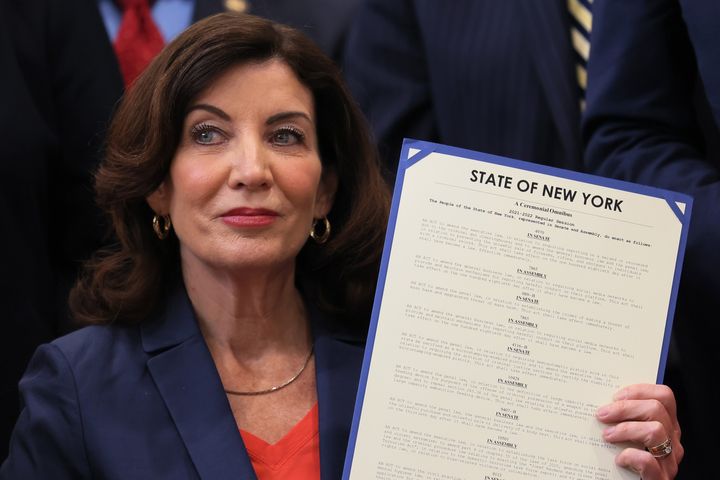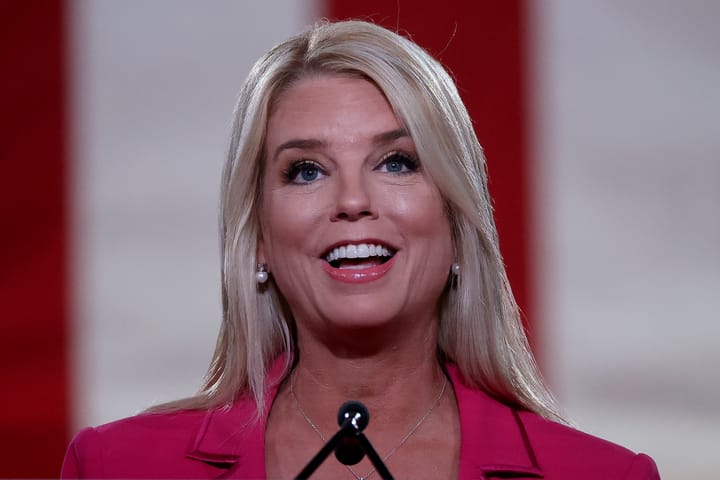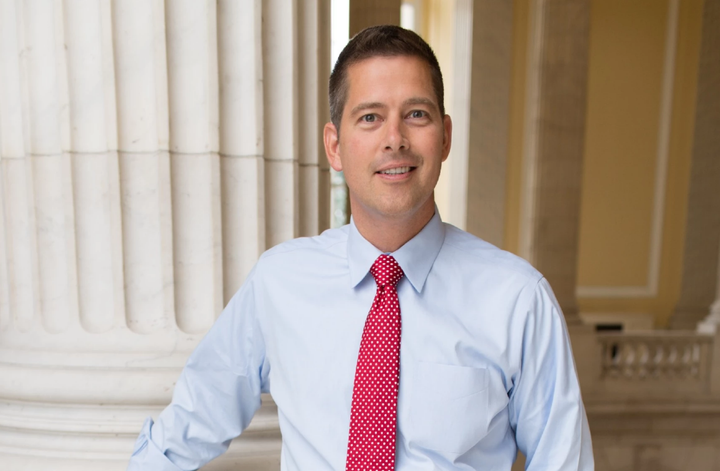The New York Democratic Party used a special account with no contribution limits to haul in large contributions in the first half of this year from corporations with interests in front of the state government, including gaming company Caesars, real estate company SL Green, gig economy company DoorDash, and the powerful trade group Greater New York Hospital Association, according to a recent filing with the state.
The donations were made to a “housekeeping” account of the New York Democrats, a party fundraising account that can accept donations of unlimited size under New York State law. Donations from corporations to other candidates and party committees are capped at $5,000 per year.



